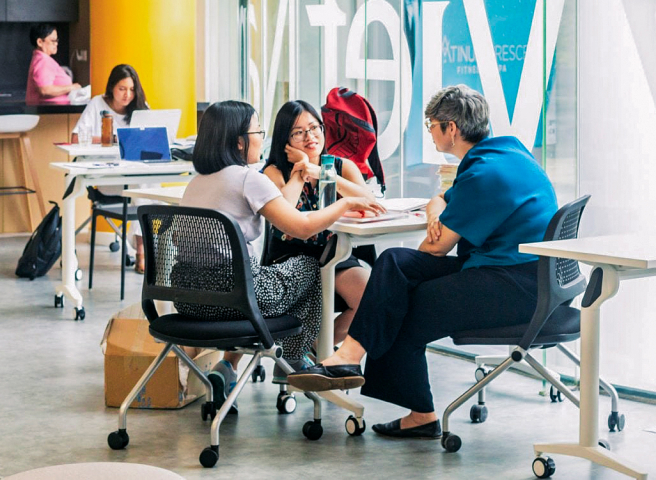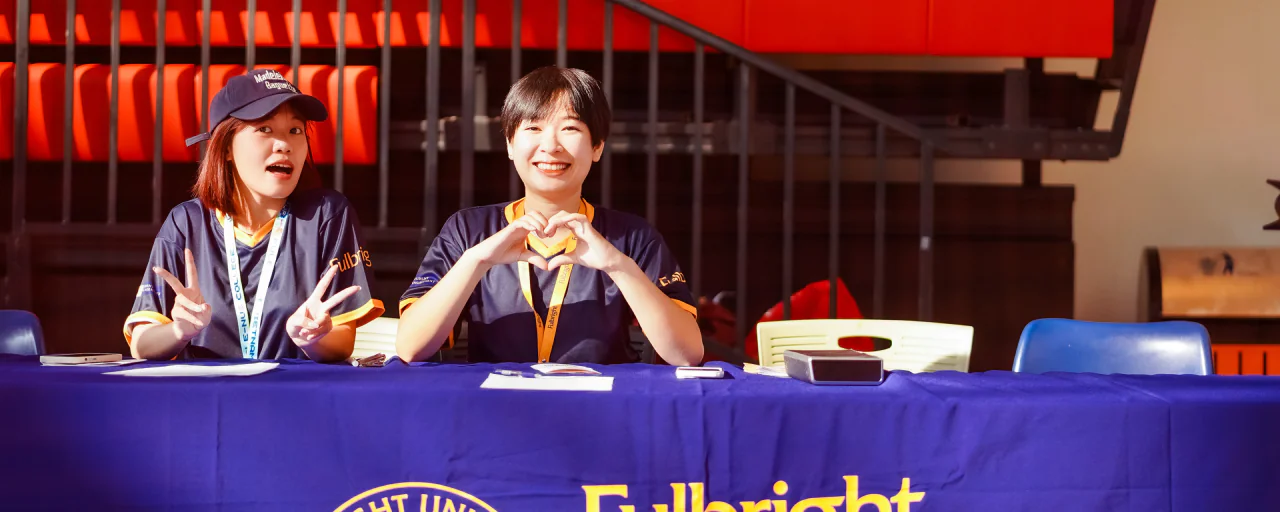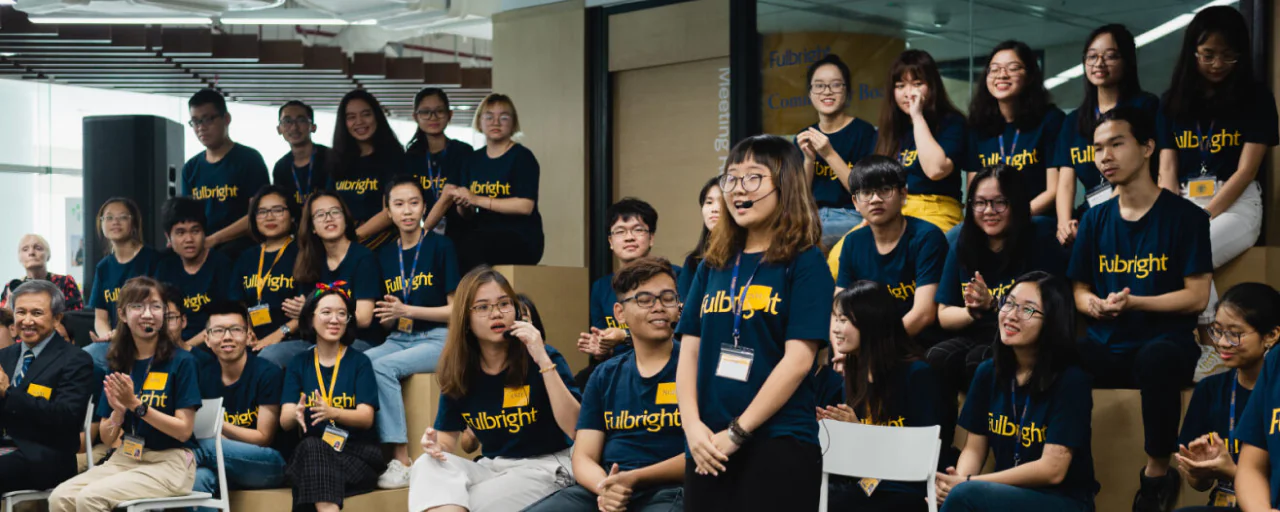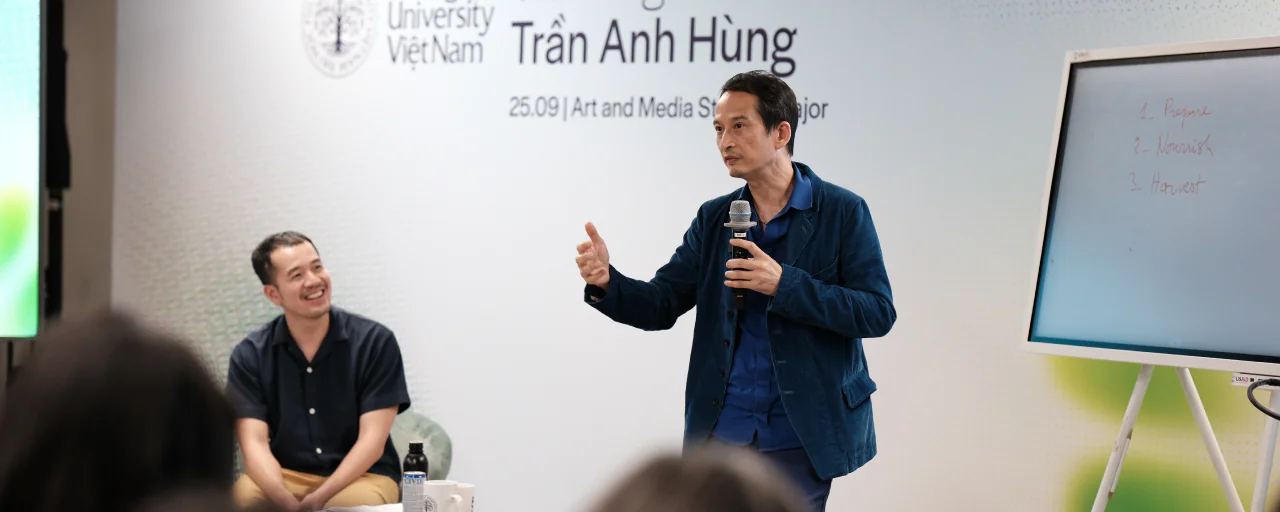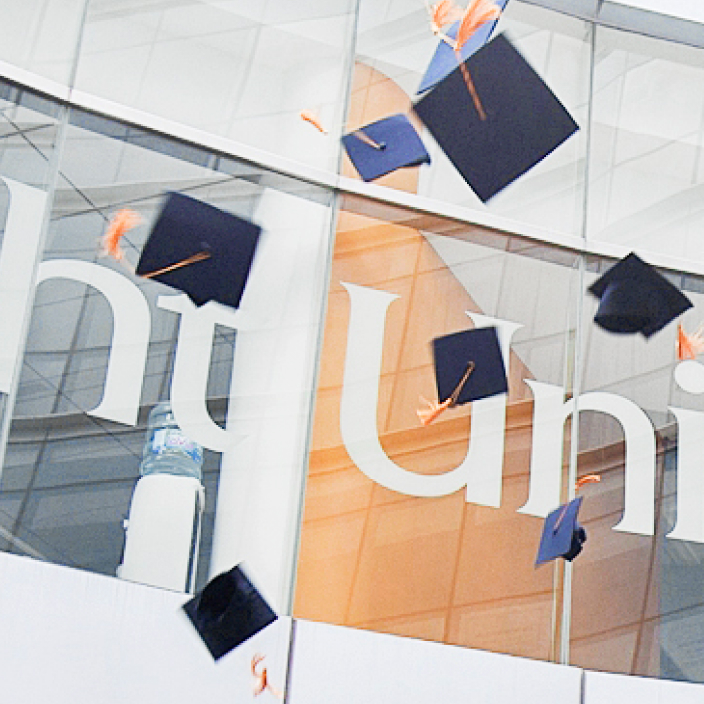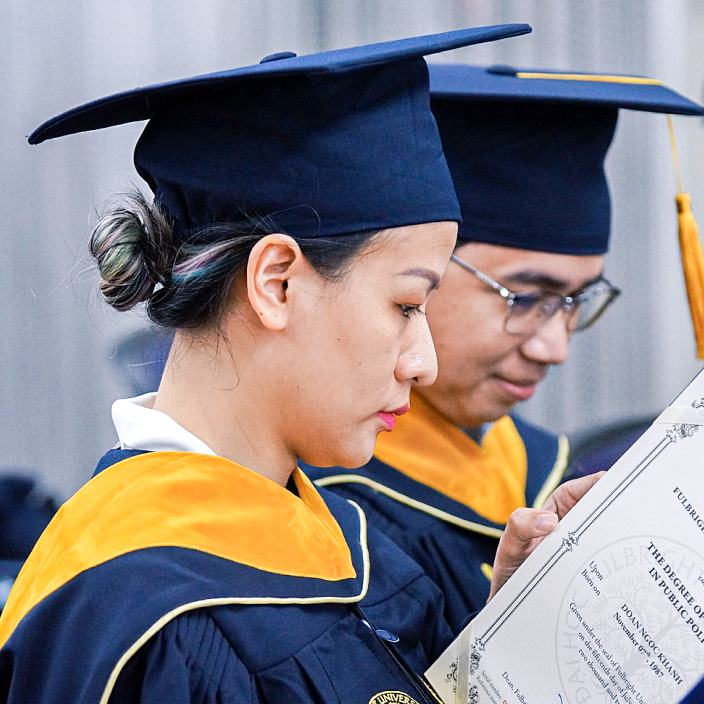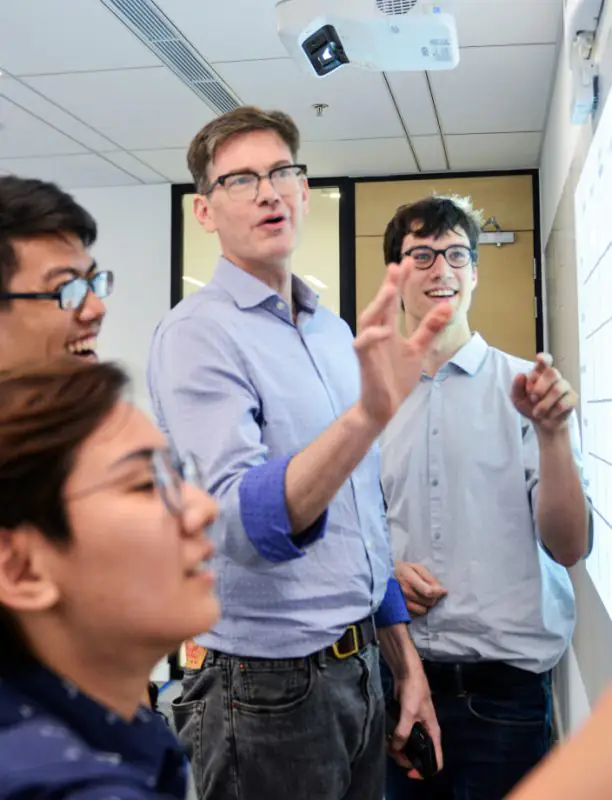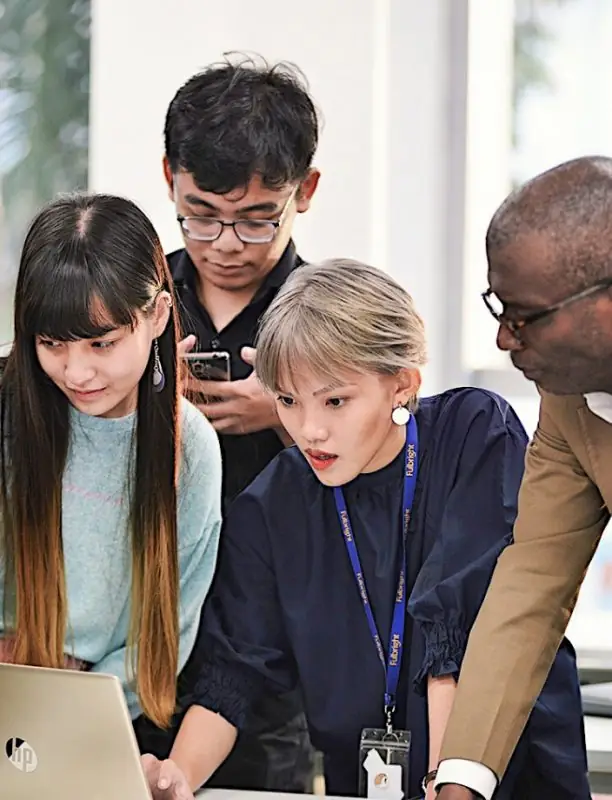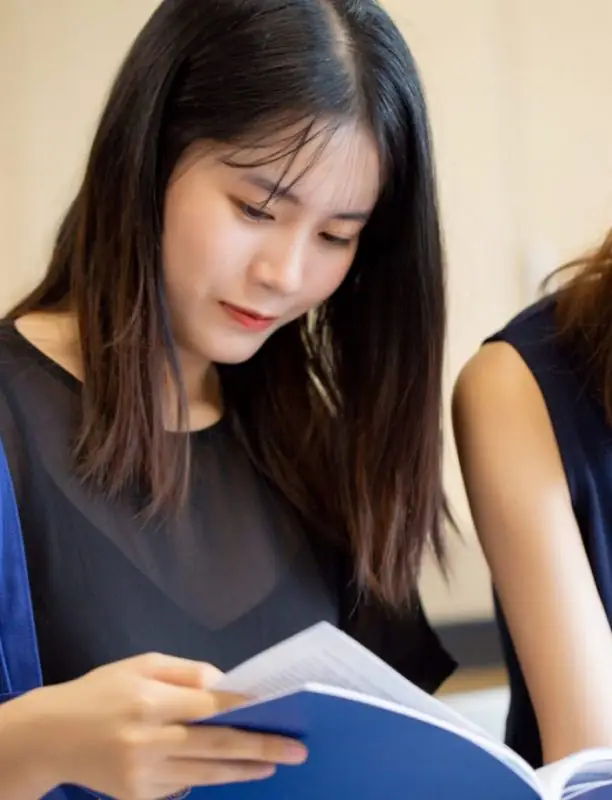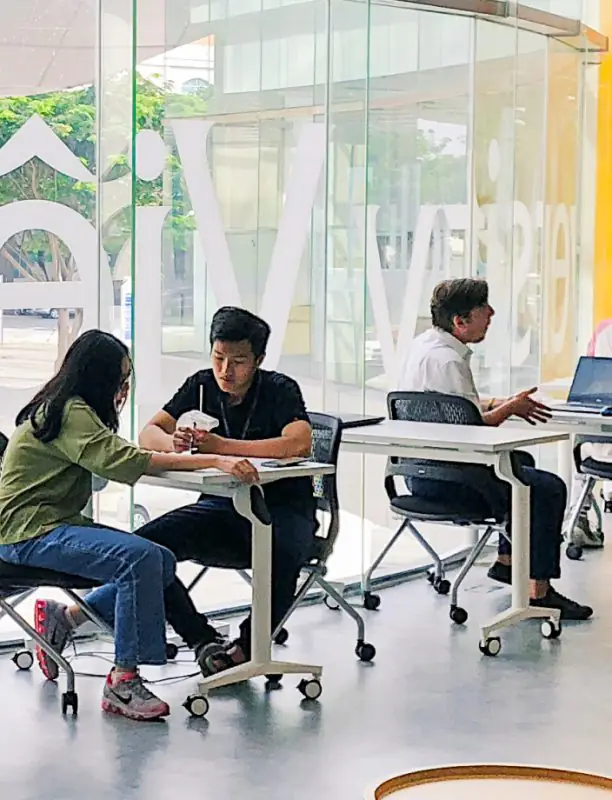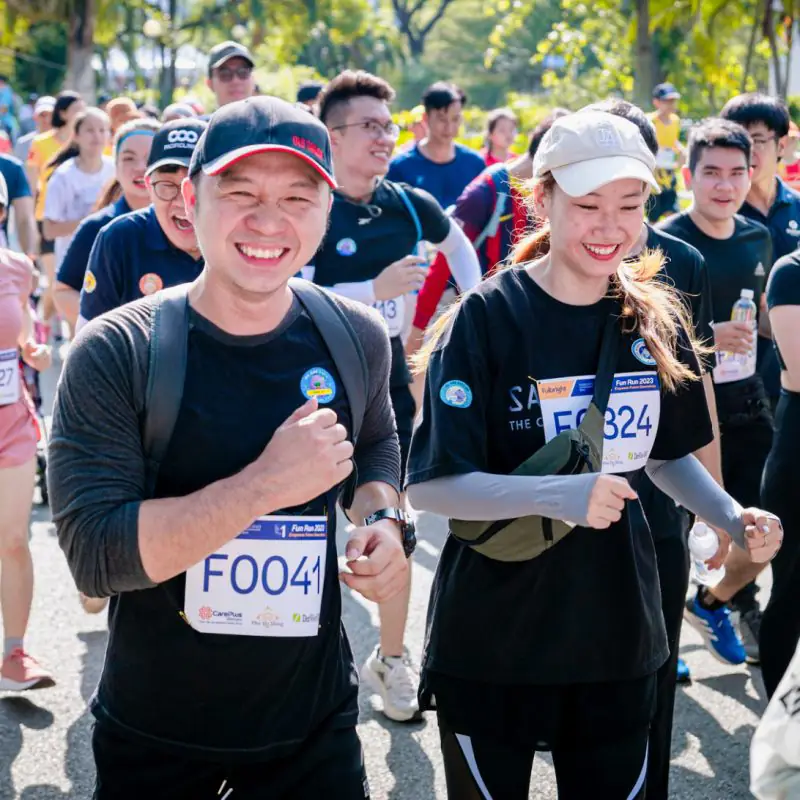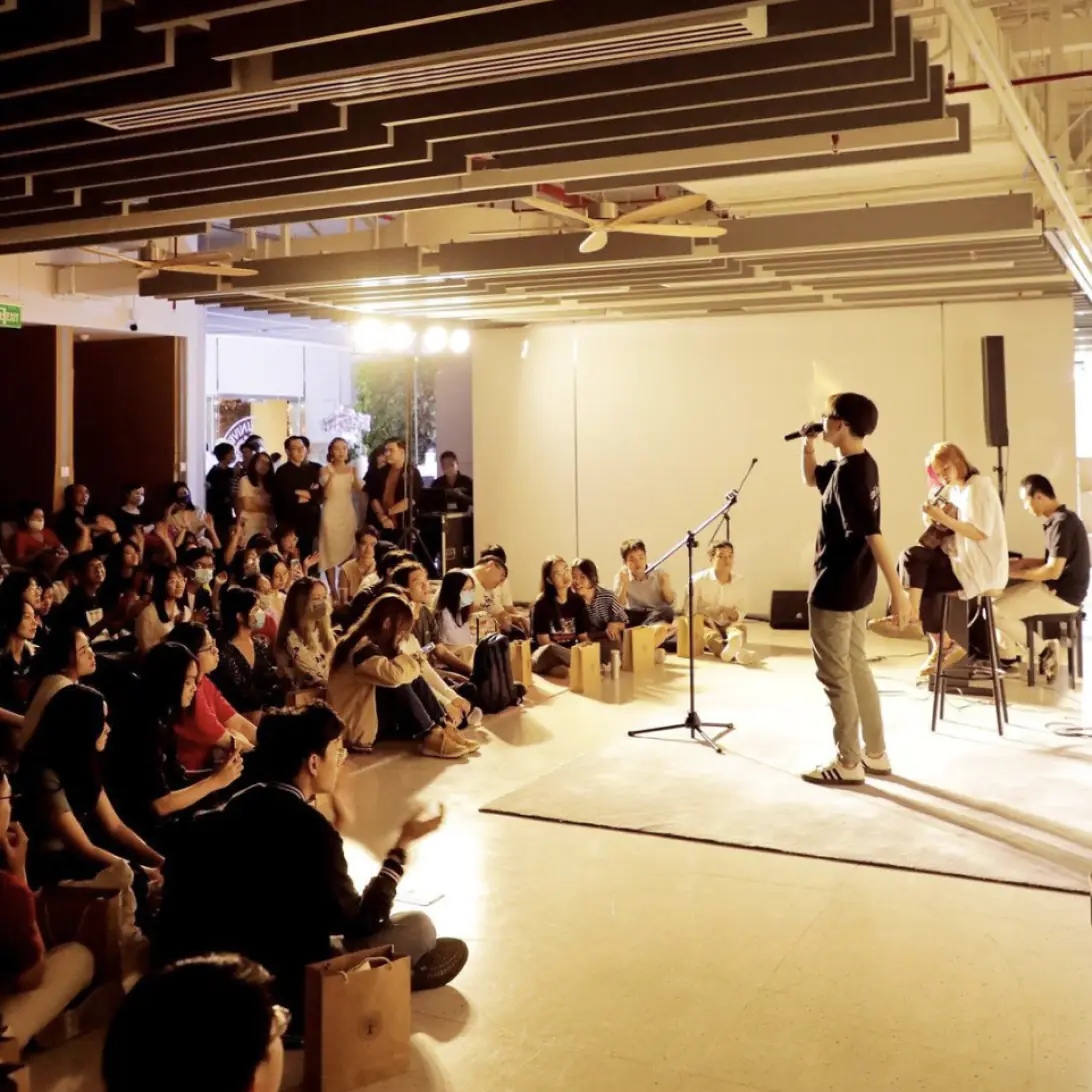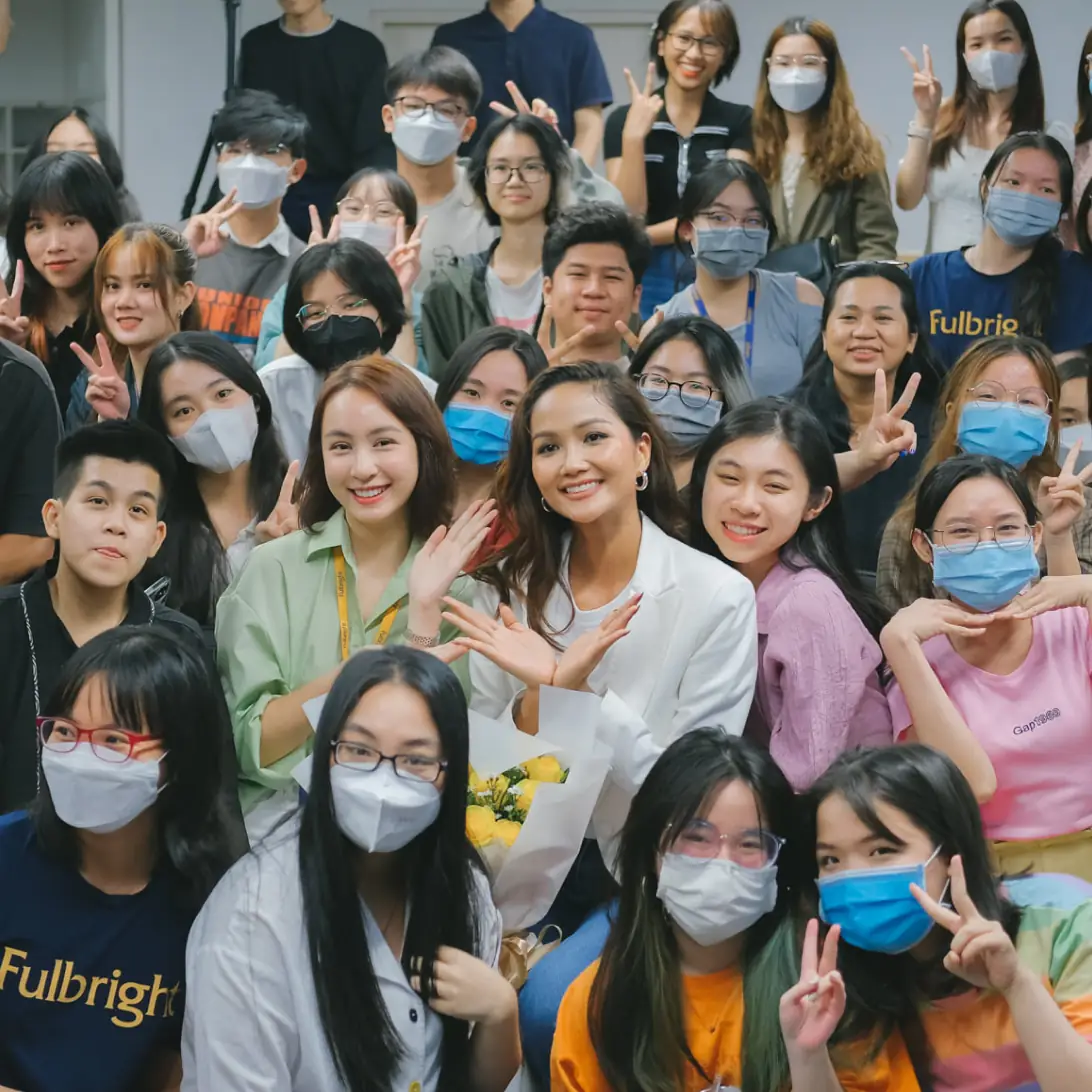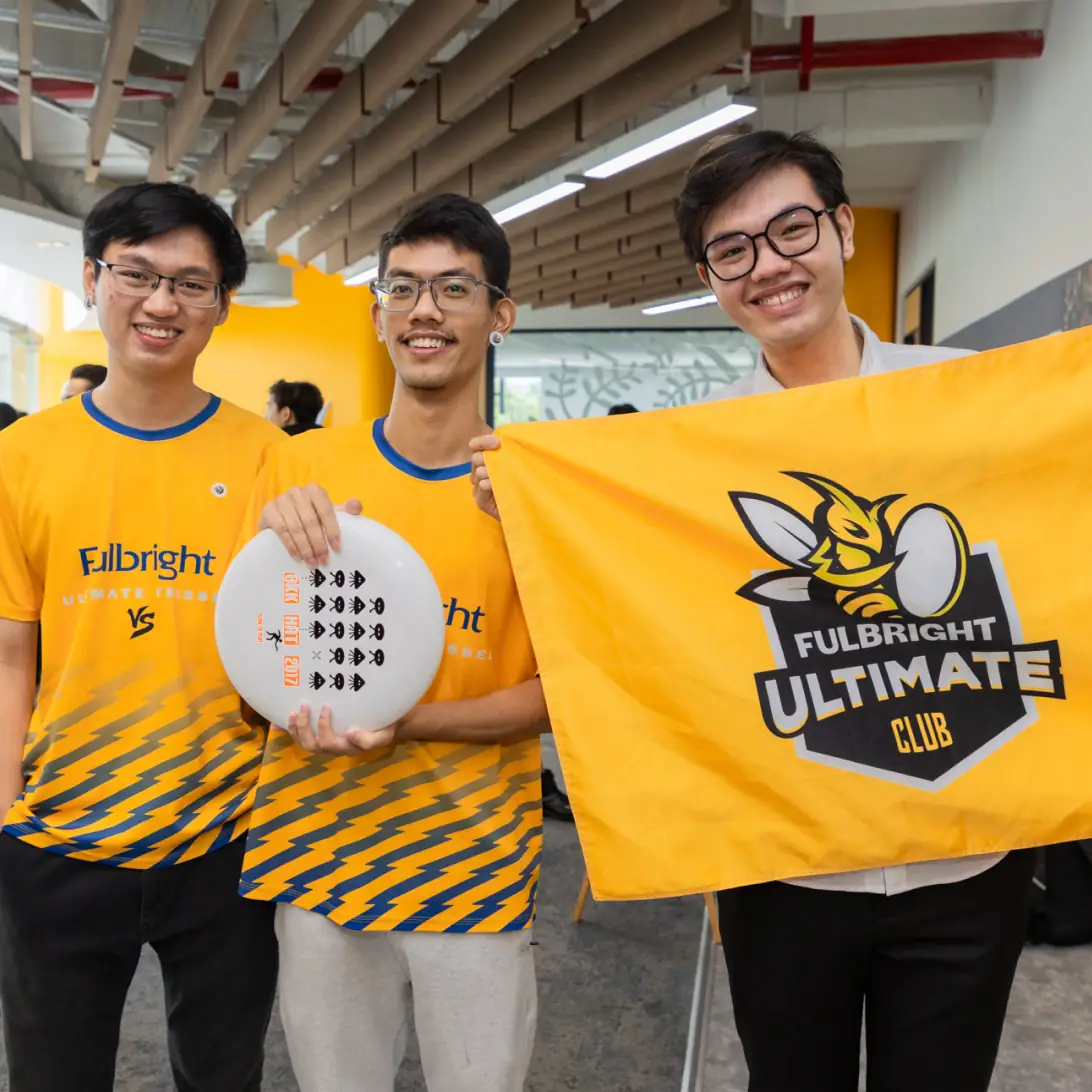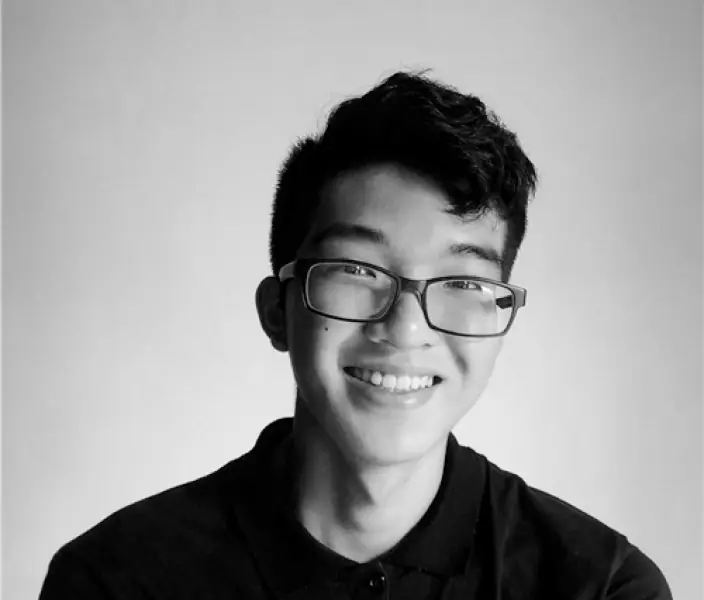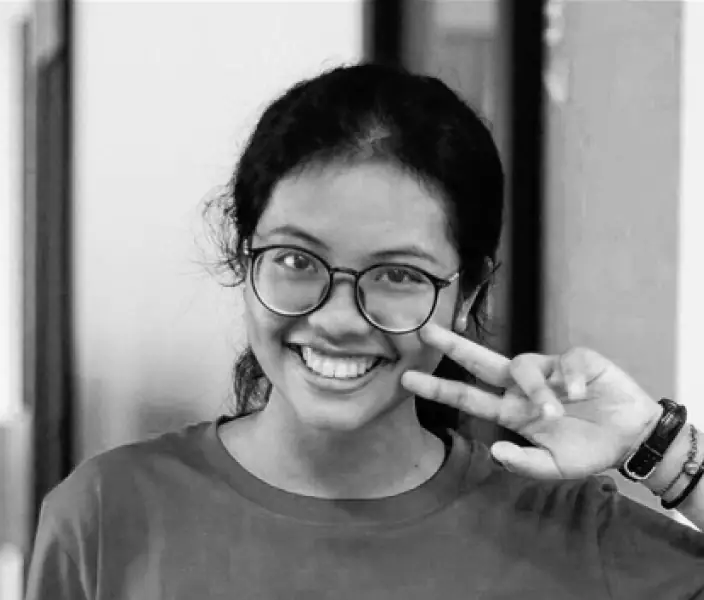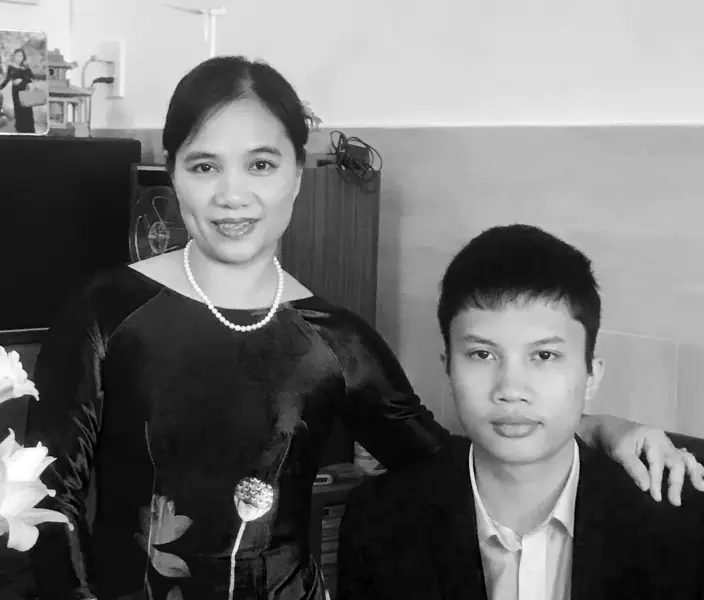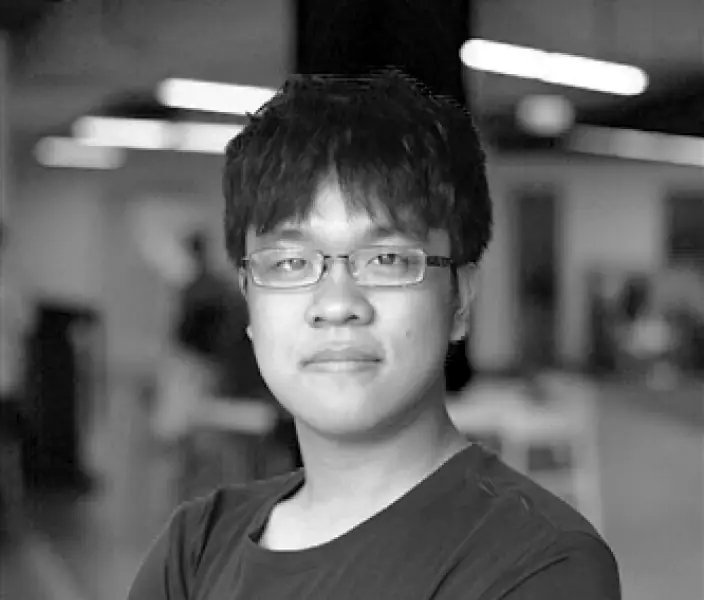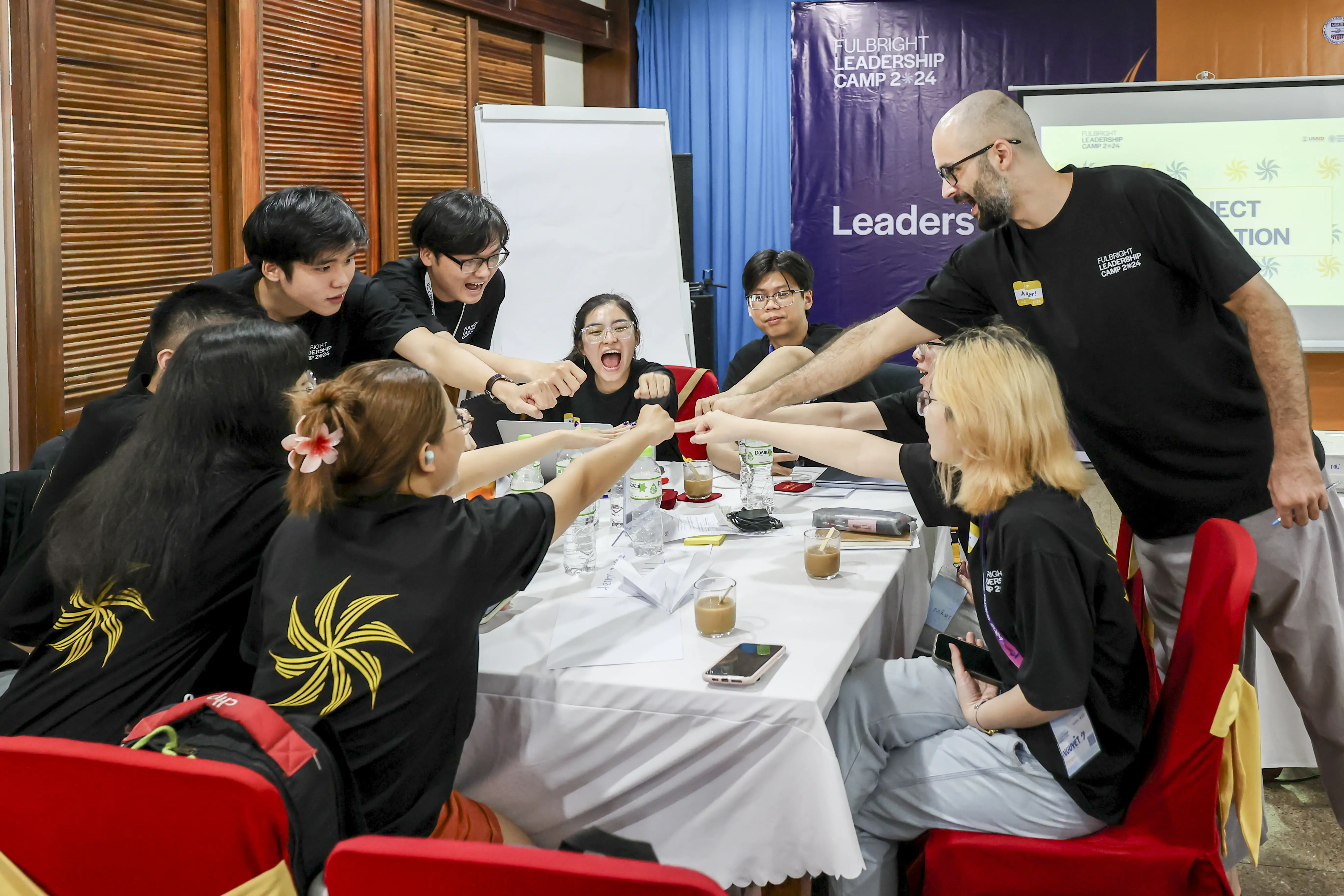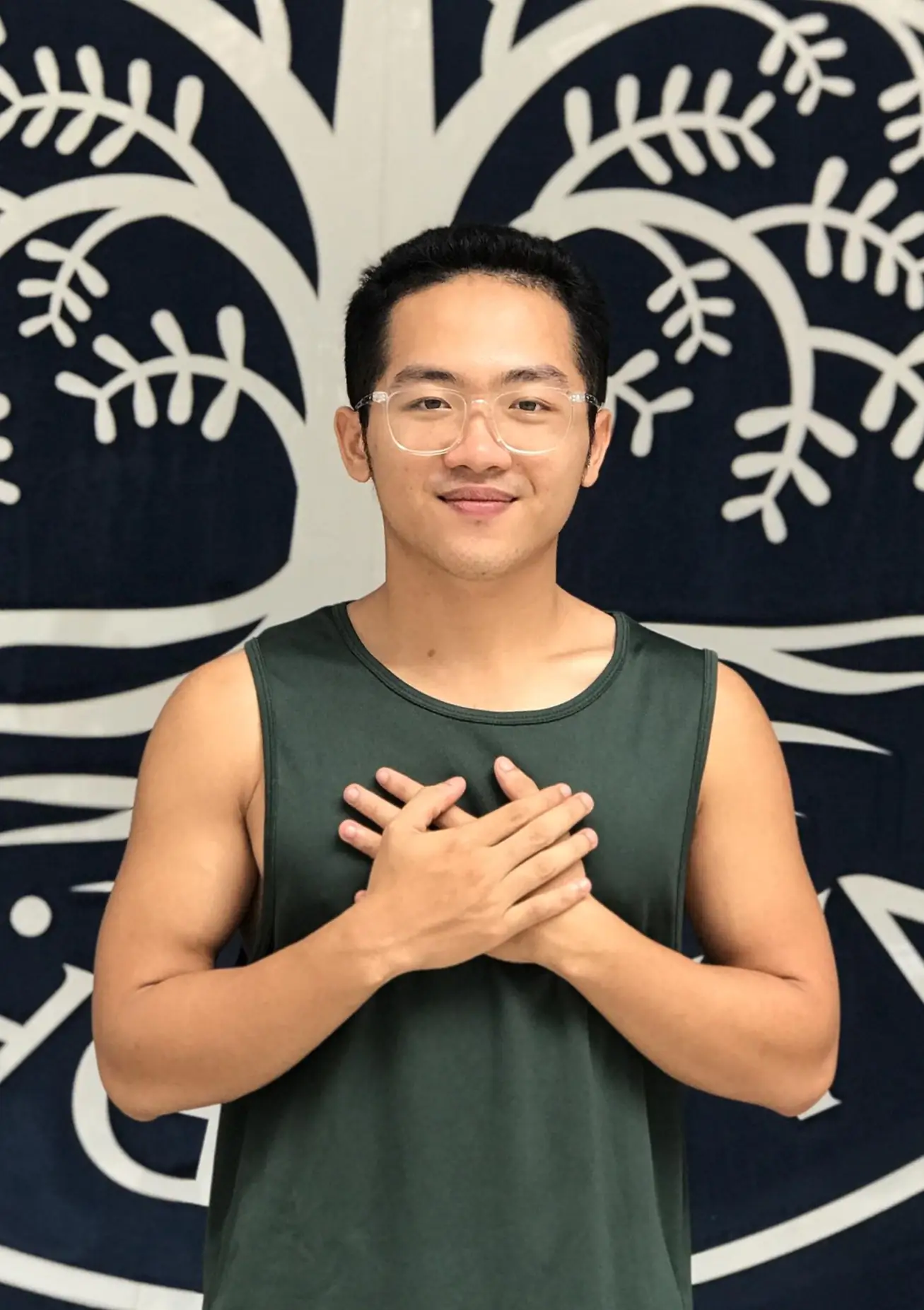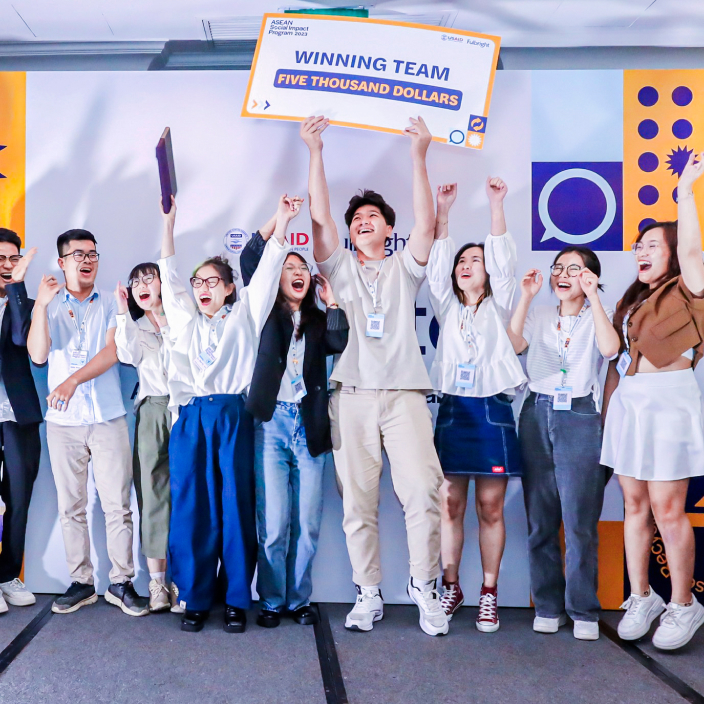Build the mindset, values and critical thinking skills to thrive in a fast-changing world

Be future ready with Fulbright
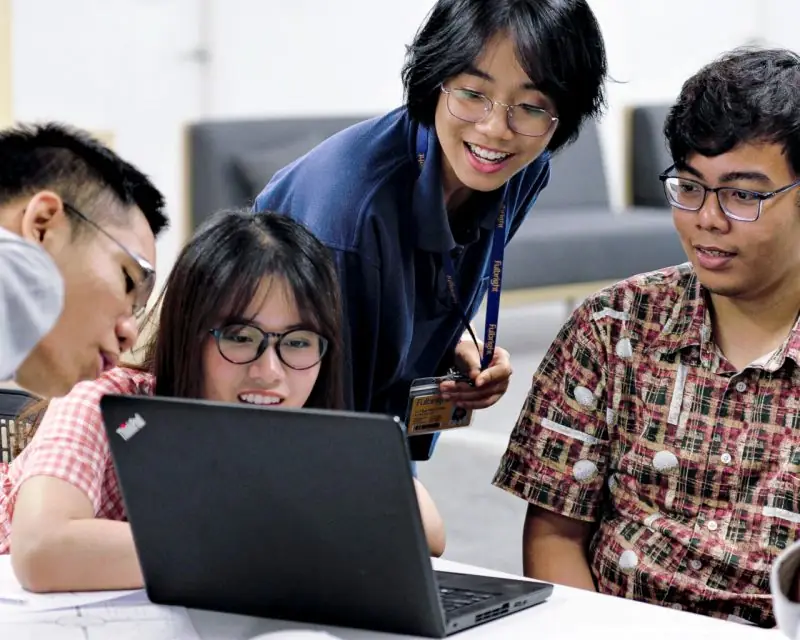
We seek individuals who are intellectually curious, pioneering, responsible and caring for others.
Learn how to apply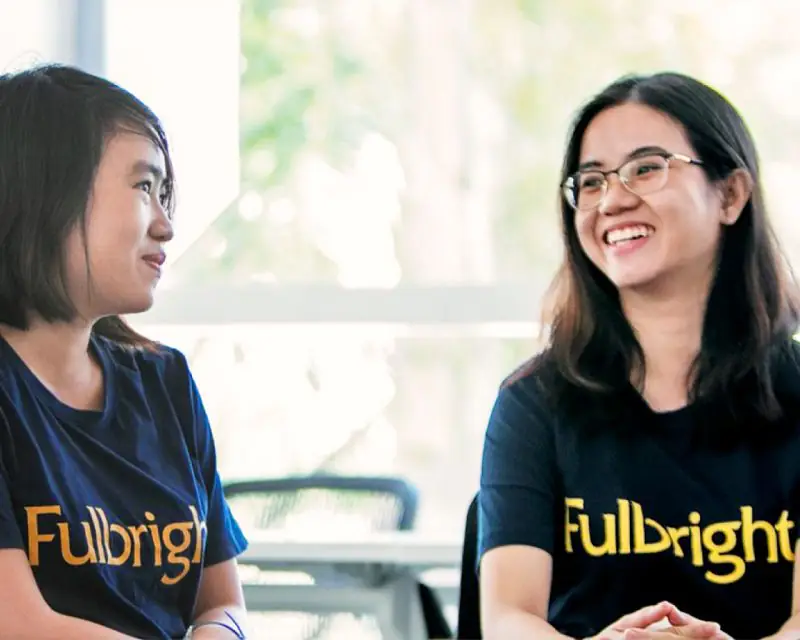
We offer support for every step of your academic journey
Welcome to our diverse and inclusive community

Hear from our students and parents
A university for Vietnam’s future
Our mission at Fulbright University Vietnam is to inspire new generations of leaders and ambitious thinkers of diverse origin to become creators of positive change in Vietnam and beyond.
As Vietnam’s first liberal arts university, founded on the promise of Vietnamese-American partnership, we practice and teach continuous innovation in pursuit of bold, ethical answers to local and global challenges. Our design for academic programs of exceptional quality embraces scientific, social, and humanistic modes of inquiry and action, optimized for a dynamic and impatient future.
We believe this future should be for all, so we offer extensive financial aid and scholarship programs and on-campus living in our vibrant, diverse university community. Fulbright is committed to helping our students build the education, connections and experiences that will prime them to serve Vietnam and contribute to a better world.
